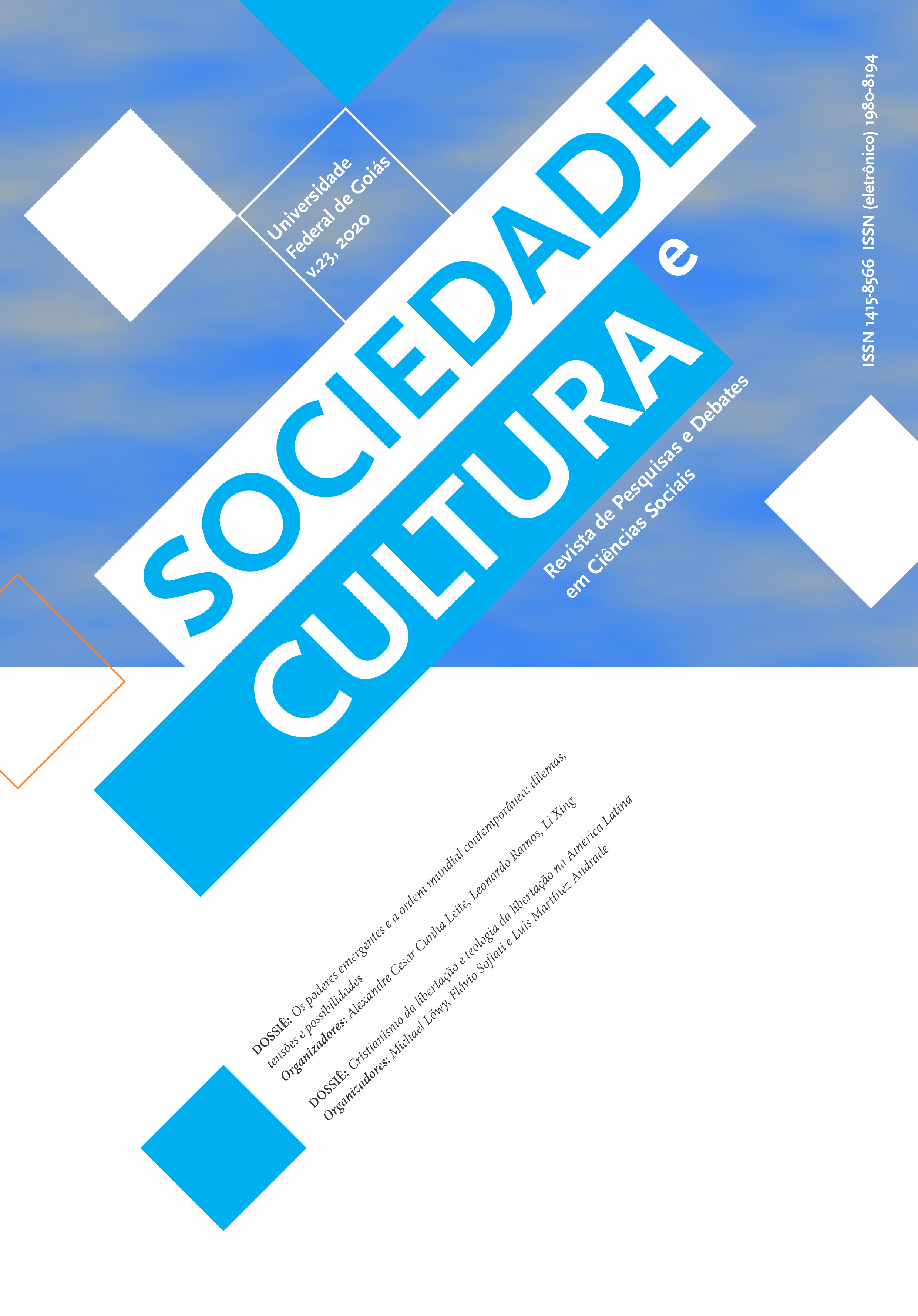Sociogenesis of the saraus: a history of disruptions in Brazilian culture
DOI:
https://doi.org/10.5216/sec.v23i.62830Abstract
From a cultural and historical review, the aim of this essay is to propose a feasible sociogenesis of the term and practice of the saraus (“open mic literary events”), which operate today as important spaces for literary encounters and experiences in the urban peripheries. Starting from the “narratives of origin” constructed by poets Binho and Sérgio Vaz, pioneers of the so-called Marginal Literature Movement in São Paulo, I return to the history of this artistic activity in the European salons and to its transposition into the Brazilian cultural routine. This process was sponsored by artistic patrons, and subsidized by members of a newly wealthy coffee elite, which has fostered one of the largest artistic movements in Brazil: the modernism. My argument is that there was a correlation among the heyday of the art salons/saraus in São Paulo, between the late nineteenth and early twentieth, the prosperity of palaces in the city center by an expanding agrarian-industrial bourgeoisie, the outbreak of avant-garde in the artistic field, and the circle of industrialization the state of São Paulo was going through. These salons ended up creating spaces capable of merging the absorption of new ideas coming from Europe with the intense reiteration of a “national culture”, a process that ratified some desires for cultural and social changes.
Downloads
Downloads
Published
How to Cite
Issue
Section
License
Authors who publish in this journal agree to the following terms:
- Authors retain the copyright and grant the journal the right of first publication, the work being simultaneously licensed under the Creative Commons Attribution License, which allows the sharing of the work with acknowledgment of authorship and of the initial publication in this journal;
- Authors are authorized to enter into additional contracts separately, for non-exclusive distribution of the version of the work published in this journal (eg, publishing in an institutional repository or as a book chapter), with acknowledgment of authorship and of the initial publication in this journal;
- Authors are allowed and encouraged to post and distribute their work online (eg, in institutional repositories or on their personal page) at any point before or during the editorial process, as this can bring productive change as well as increases the impact and the citation of the published work (see O Efeito do Acesso Livre).



